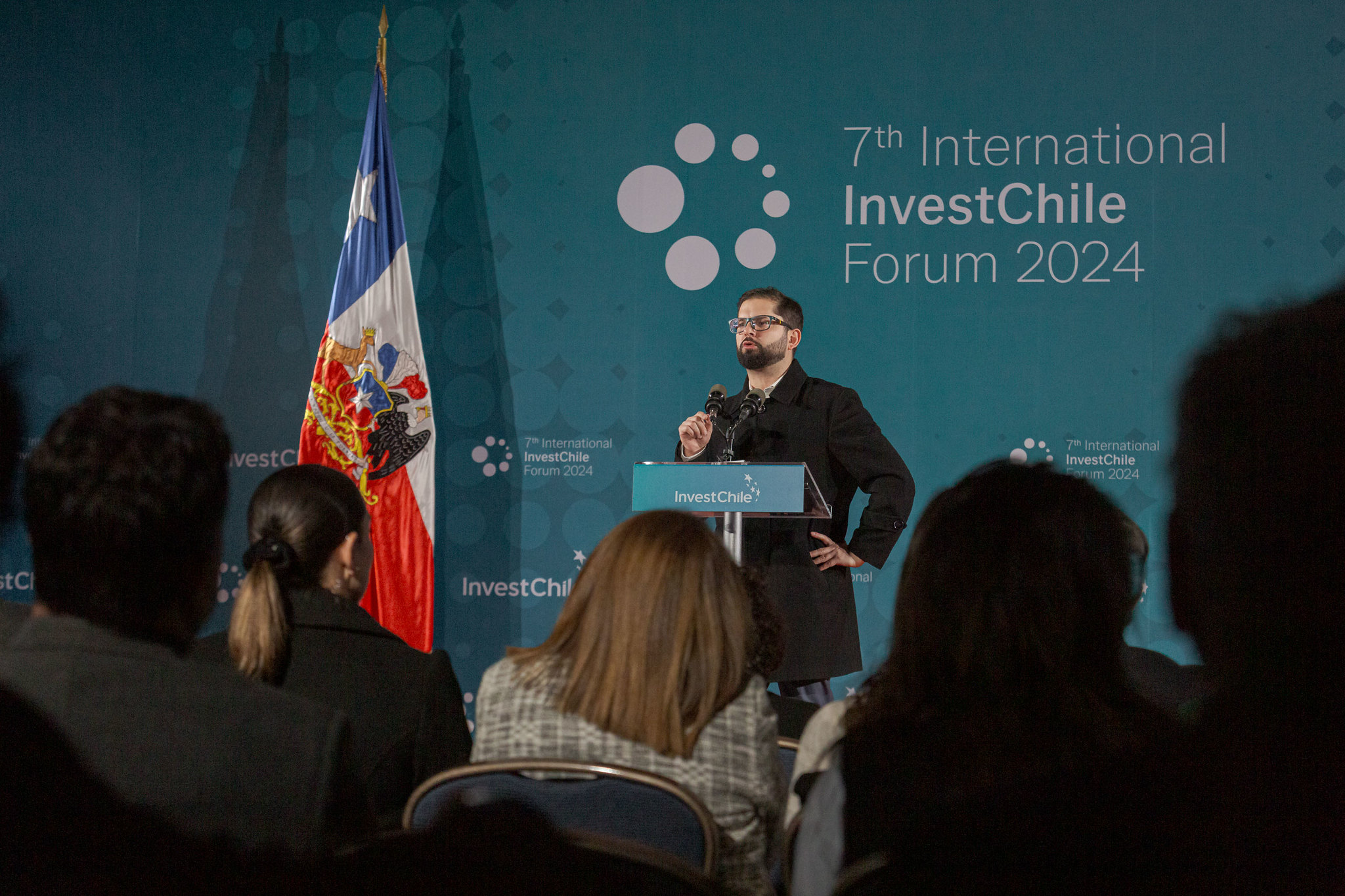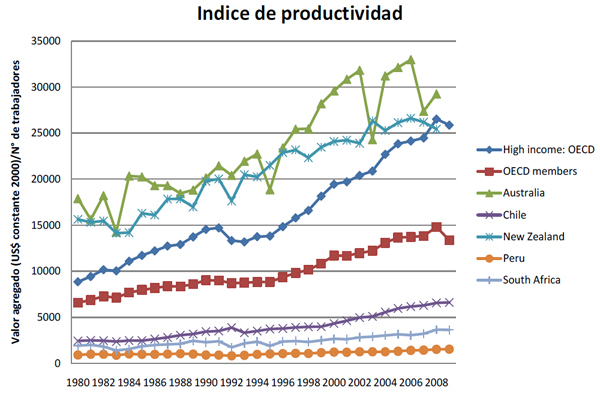
Energy Transition: Chile plays in the major leagues
When President Boric announced Chile’s National Lithium Strategy in April 2023, media outlets thought it was a “nationalization” scheme, and therefore, the news provoked woes among investors. However, this national strategy should not be a surprise. It follows up on Bachelet’s piece of law back in 2017 declaring lithium as a strategic resource, anticipating the times when lithium or “white gold” would be at the center of the strategic energy transition to help countries move into clean energy goals and de-carbonization targets under climate change adverse effects on the Planet.
The EU, for instance, has been working on an ambitious agenda, the Green Deal in 2020 and their Fit for 55 strategies in 2021 (to reduce EU emissions by at least 55% by 2030), and today, with the war in Ukraine, the EU’s excessive reliance on Russian gas has accelerated the EU strategy for renewable energy. Therefore, energy is central to the EU’s national security. EU commits to reach net-zero targets by 2050 and switch from an economy reliant on greenhouse emissions. For the White House, the lithium deposits in the “lithium triangle” (Chile, Bolivia, and Argentina) offer possibilities for FDI in Chile, with American companies using modern technology to extract brine. The Biden administration seeks to reduce emissions by 50% by 2030; lithium-ion batteries are essential to hit this goal. There is a significant demand for lithium-ion batteries to secure a steady energy transition. Lithium-ion batteries are rechargeable, can store a vast amount of energy, and are lightweight, and their sales will continue to increase exponentially in the next few years. Chile also has green energy ambitions to decarbonize its economy, with pioneering projects in solar energy to supply locally and green hydrogen projects to help the transition further.


